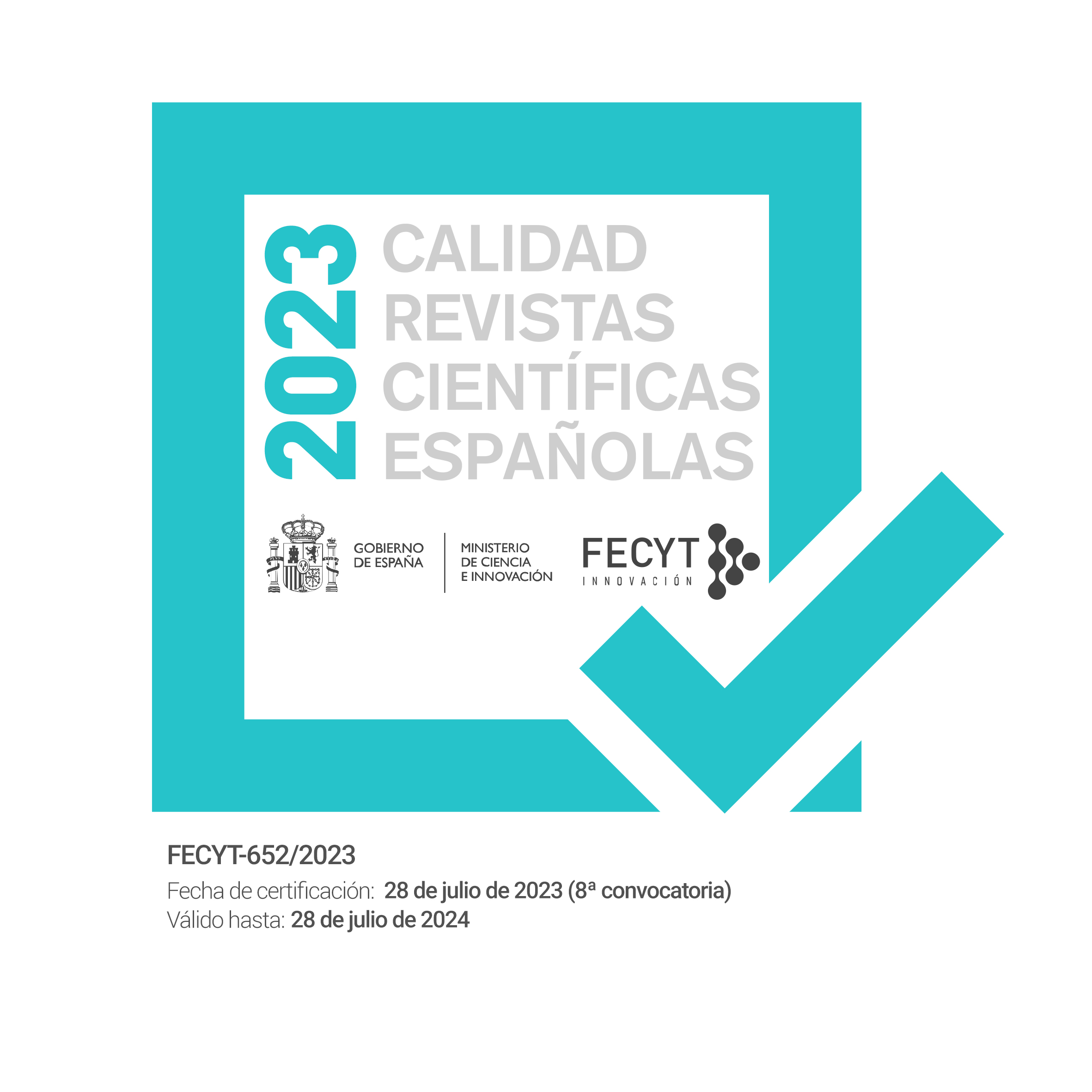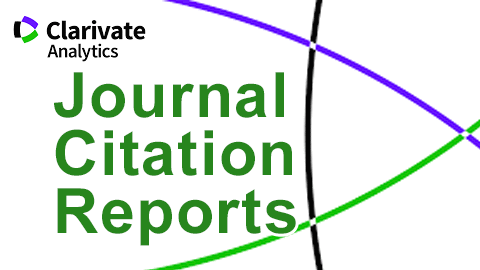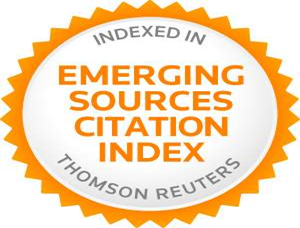Covert communication in the promotion of alcohol and tobacco in Spanish press advertisements
Palabras clave:
Covert communication, Advertising Discourse, Relevance Theory, AnglicismsResumen
Abstract. In this paper, we will prove that the intentional use of English in most tobacco and alcohol advertising campaigns published in the Spanish press aims at designing an effective communicative strategy specifically addressed to the youngest segment of consumers, mostly teenagers, who are one of the main sources of current and prospective customers for alcohol and tobacco companies. This practice is not allowed by the Spanish legislation on advertising and the writing of anide 37 of the Regulations in Public Health (Reglamento de la Ley General de Salud) is very clear. However, the use of covert communication works as a subterfuge which enables this kind of adverts to exist, thereby subtly breaking the existing law on advertising and avoiding the social consequences derived from this particularly perlocutive communicative process.Descargas
Publicado
Número
Sección
Licencia
Reconocimiento – No comercial (CC BY-NC). Bajo esta licencia el usuario puede copiar, distribuir y exhibir públicamente la obra y puede crear obras derivadas siempre y cuando estas nuevas creaciones reconozcan la autoría de la obra original y no sean utilizadas de manera comercial.
Los autores retienen todos sus derechos de publicación y copyright sin restricciones.








